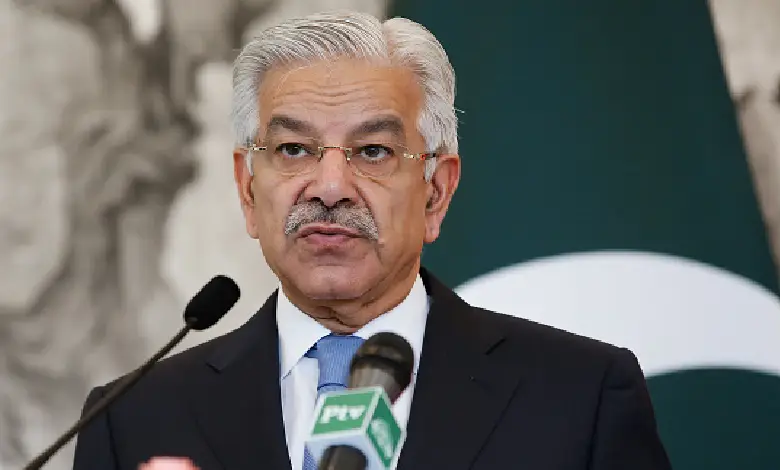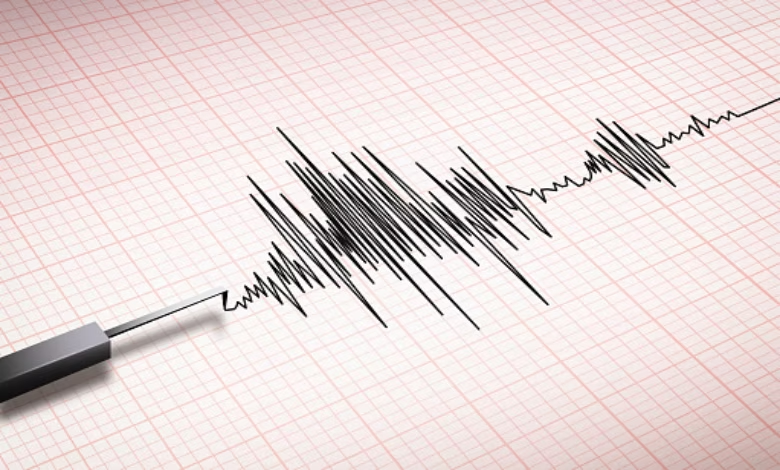Khawaja Asif Calls Madrassa Students ‘Second Line Of Defence, Makes Remark During Session Of Pakistan Assembly

New Delhi: In a provocative statement that has raised eyebrows, Pakistan’s Defence Minister Khawaja Asif described students enroled in madrasas as the country’s “second line of defence”, amid escalating military tensions with India.
Asif declared: “As far as madrasas or madrasa students are concerned, there’s no doubt they are our second line of defence. The youngsters who are studying there, when the time comes, will be used as needed 100 per cent.” The statement, which comes just days after India carried out precision strikes on terror launchpads in Pakistan and Pakistan-occupied Kashmir (POK), draws attention to Islamabad’s long-standing and controversial links between extremist networks and the use of religious seminaries in strategic capacities.
This is not the first time Khawaja Asif has made such controversial remarks. In a bid to explain Pakistan’s apparent inaction during the recent Indian drone strikes on May 9, Asif claimed that the drones were not intercepted so as not to expose the location of Pakistan’s aerial defence systems. “The drone attack was mounted to detect our locations. It’s a technical thing that I can’t explain.
Adding to the confusion and criticism surrounding Asif’s role as Defence Minister, his recent interview with CNN’s Becky Anderson saw him fail to provide any concrete evidence to support Pakistan’s assertion that it had shot down Indian fighter jets earlier in the week. Pressed by Anderson for proof, Asif responded vaguely, citing only social media chatter: “It’s all over social media.
The Indian government has dismissed Pakistan’s claims of military success as “propaganda-heavy and evidence-light”, especially in light of Asif’s admission and his inconsistent narrative. For the second consecutive day, Pakistan launched drone attacks under its operation ‘Bunyan-un-Marsoos’, targeting military installations across Jammu and Kashmir, Punjab, Rajasthan, and Gujarat.
In a significant escalation, Pakistan also struck hospitals and school facilities located within air bases in Srinagar, Awantipur, and Udhampur using drones and long-range weaponry. All such attacks were swiftly thwarted by Indian forces. In a calibrated response, India carried out precision strikes on key Pakistani military assets, causing substantial damage to technical infrastructure, command and control centres, radar systems, and weapons depots.




